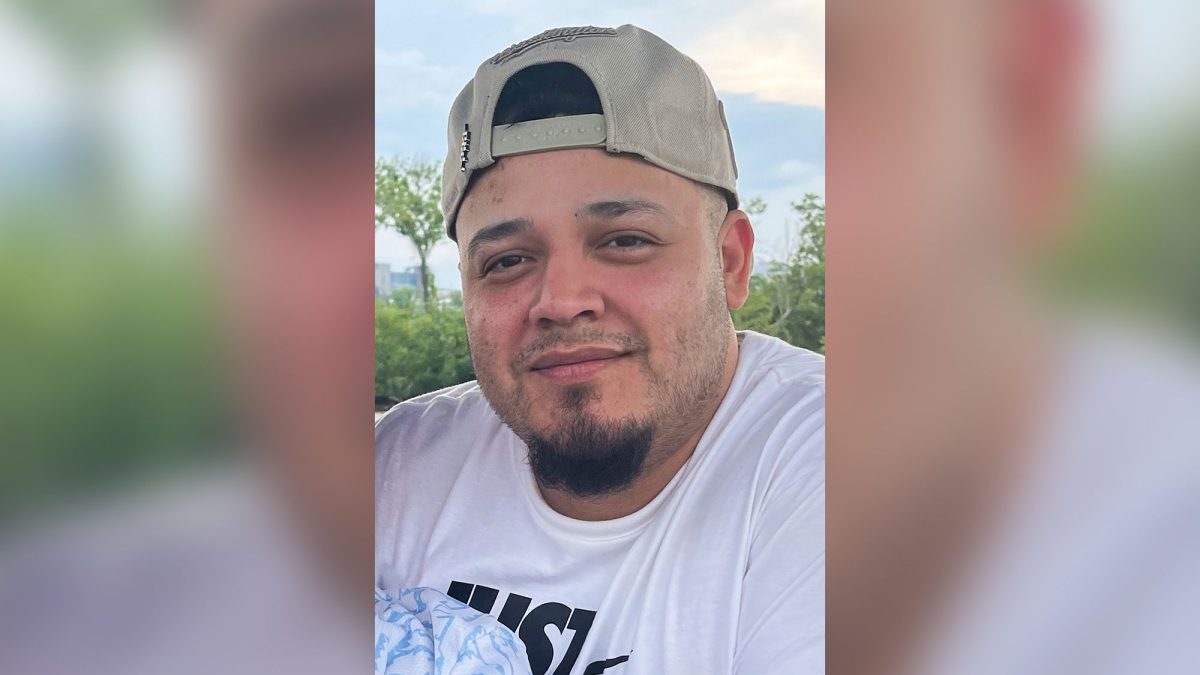(CNN) — President Donald Trump’s administration urged the Supreme Court on Monday to block a lower court order requiring officials to bring a man who was mistakenly deported to El Salvador back to Maryland.
The emergency appeal over Kilmar Armando Abrego Garcia, a Salvadoran national, landed at the high court hours before the 11:59 p.m. Monday deadline established by a lower court judge to return him to the US.
Trump attorneys have conceded in court filings that the administration mistakenly deported the father of three “because of an administrative error,” but said it could not bring him back because he is in Salvadoran custody. His case has added to the already considerable legal scrutiny over White House efforts to deport immigrants without a hearing or review.
The Justice Department told the Supreme Court ordering officials to return the man is “unprecedented” as it sounded now familiar themes arguing that federal courts are overstepping their power.
“Even amidst a deluge of unlawful injunctions, this order is remarkable,” recently confirmed Solicitor General D. John Sauer told the Supreme Court in the filing Monday. “The Constitution charges the president, not federal district courts, with the conduct of foreign diplomacy and protecting the nation against foreign terrorists, including by effectuating their removal.”
“While the United States concedes that removal to El Salvador was an administrative error … that does not license district courts to seize control over foreign relations, treat the executive branch as a subordinate diplomat, and demand that the United States let a member of a foreign terrorist organization into America tonight,” Sauer added.
Abrego Garcia was in the country illegally, but an immigration judge in 2019 – after reviewing evidence – withheld his removal. That meant that Abrego Garcia could not be deported to El Salvador. A gang in his native country, the immigration judge found, had been “targeting him and threatening him with death because of his family’s pupusa business.”
For the next six years, court records show, Abrego Garcia lived in Maryland, checked in with immigration officials annually and was never charged with a crime.
But Abrego Garcia wound up on one of three planes bound for a notorious prison in El Salvador on March 15. Several of the people loaded onto those planes were deported under Trump’s invocation of the 1798 Alien Enemies Act – an invocation that has drawn its own legal challenge now pending at the Supreme Court. But Abrego Garcia, the administration has said, was deported under different authorities.
On Friday, US District Judge Paula Xinis explained in an opinion why she had ordered the government to return Abrego Garcia by 11:59 p.m. on Monday.
White House officials have publicly mocked the judge’s order and assert they have no ability to return Abrego Garcia to the United States.
“Marxist judge now thinks she’s president of El Salvador,” Trump adviser Stephen Miller posted to social media on Friday.
But under oath, the Justice Department has been far less clear about the removal. Pressed by Xinis last week about why the US couldn’t return Abrego Garcia, DOJ lawyer Erez Reuveni said he didn’t have an answer.
“The first thing I did when I got this case on my desk is ask my clients the same question,” Reuveni responded.
The Department of Justice has since placed Reuven and his supervisor on leave.
Appeals court declines to block order
The request to the Supreme Court came minutes before a ruling from the 4th US Circuit Court of Appeals denying DOJ’s request to lift the lower-court order.
The panel rejecting the appeal was: Judge Stephanie Thacker, an appointee of former President Barack Obama, Judge Harvie Wilkinson III, an appointee of former President Ronald Reagan, and Judge Robert King, an appointee of former President Bill Clinton.
Thacker wrote in a scathing concurrence explaining her reasoning that the “United States Government has no legal authority to snatch a person who is lawfully present in the United States off the street and remove him from the country without due process.”
“The Government’s contention otherwise, and its argument that the federal courts are powerless to intervene, are unconscionable,” she wrote, adding later that the “irreparable harm in this case is the harm being done to Abrego Garcia every minute he is in El Salvador.”
“And the public interest undoubtedly favors requiring the Government to facilitate and effectuate his return to the United States,” she added.
In a solo concurrence explaining his reasoning, Wilkinson said he thinks it is “legitimate for the district court to require that the government ‘facilitate’ the plaintiff’s return to the United States so that he may assert the rights that all apparently agree are due him under law.”
“There is no question that the government screwed up here,” he continued. “Thus the government here took the only action which was expressly prohibited.”
But Wilkinson said he read Xinis’ order “as one requiring that the government facilitate Abrego Garcia’s release, rather than demand it.” He said that reading it as a requirement for the administration “would be an intrusion on core executive powers that goes too far.”
CNN’s Priscilla Alvarez contributed to this report.
This story has been updated with additional developments.


